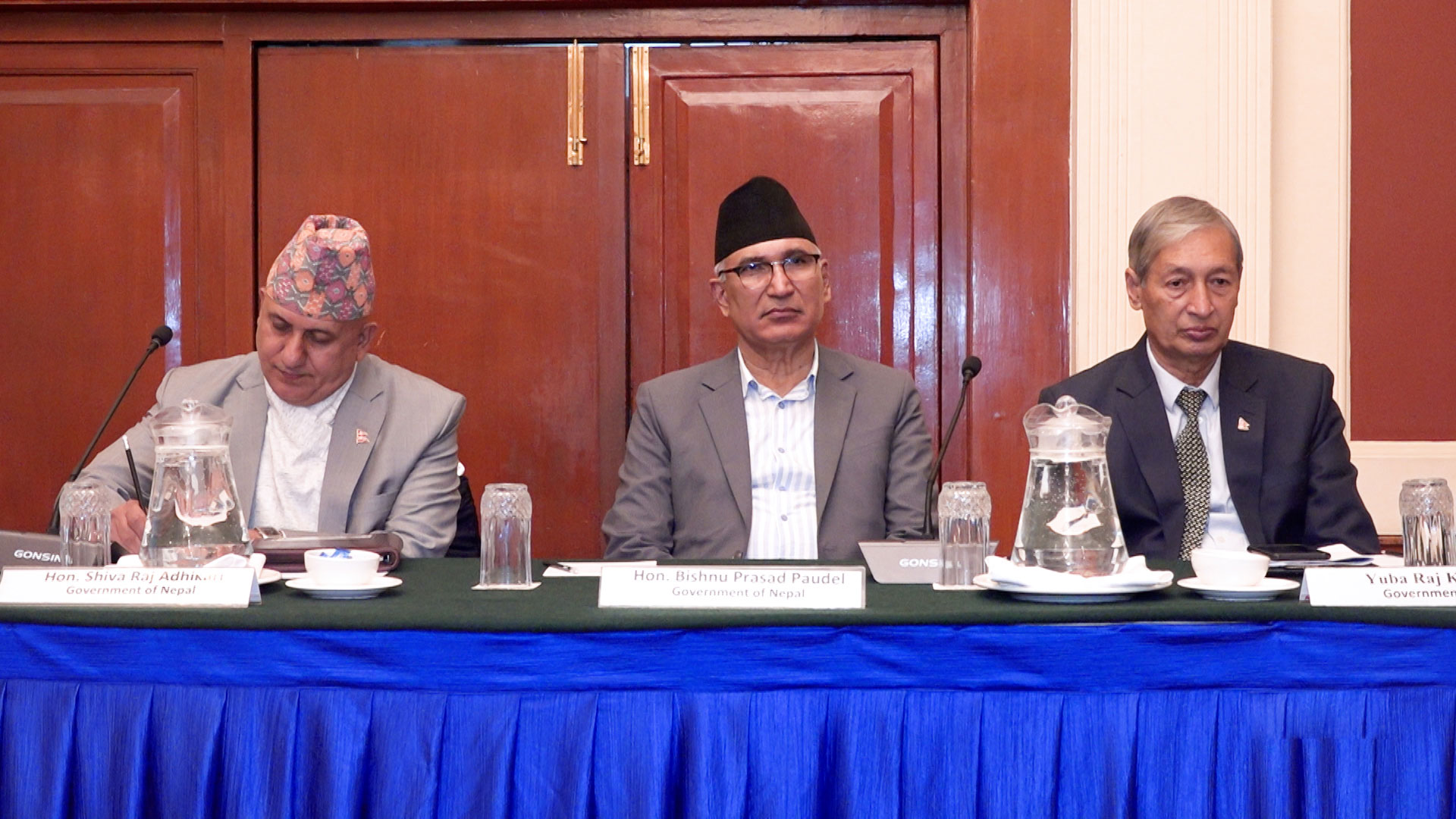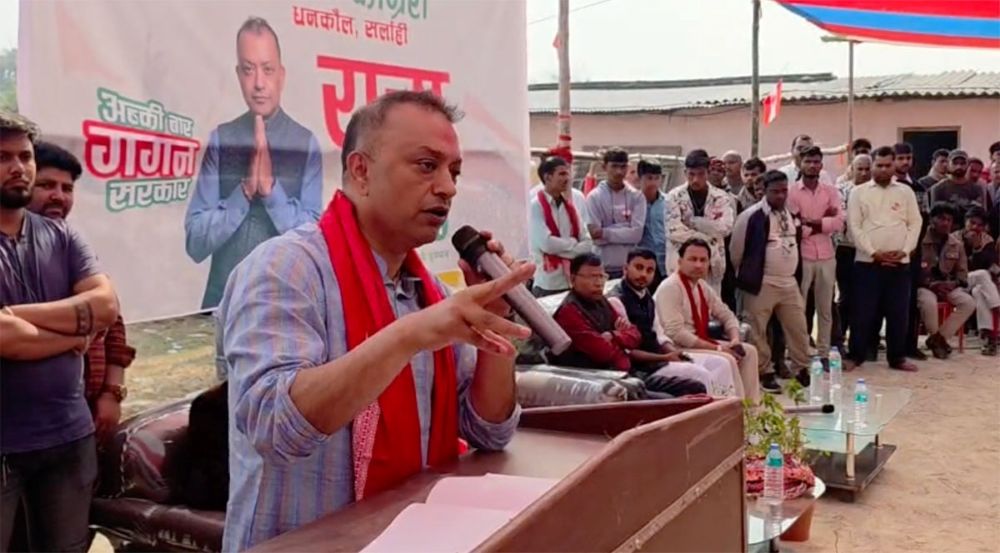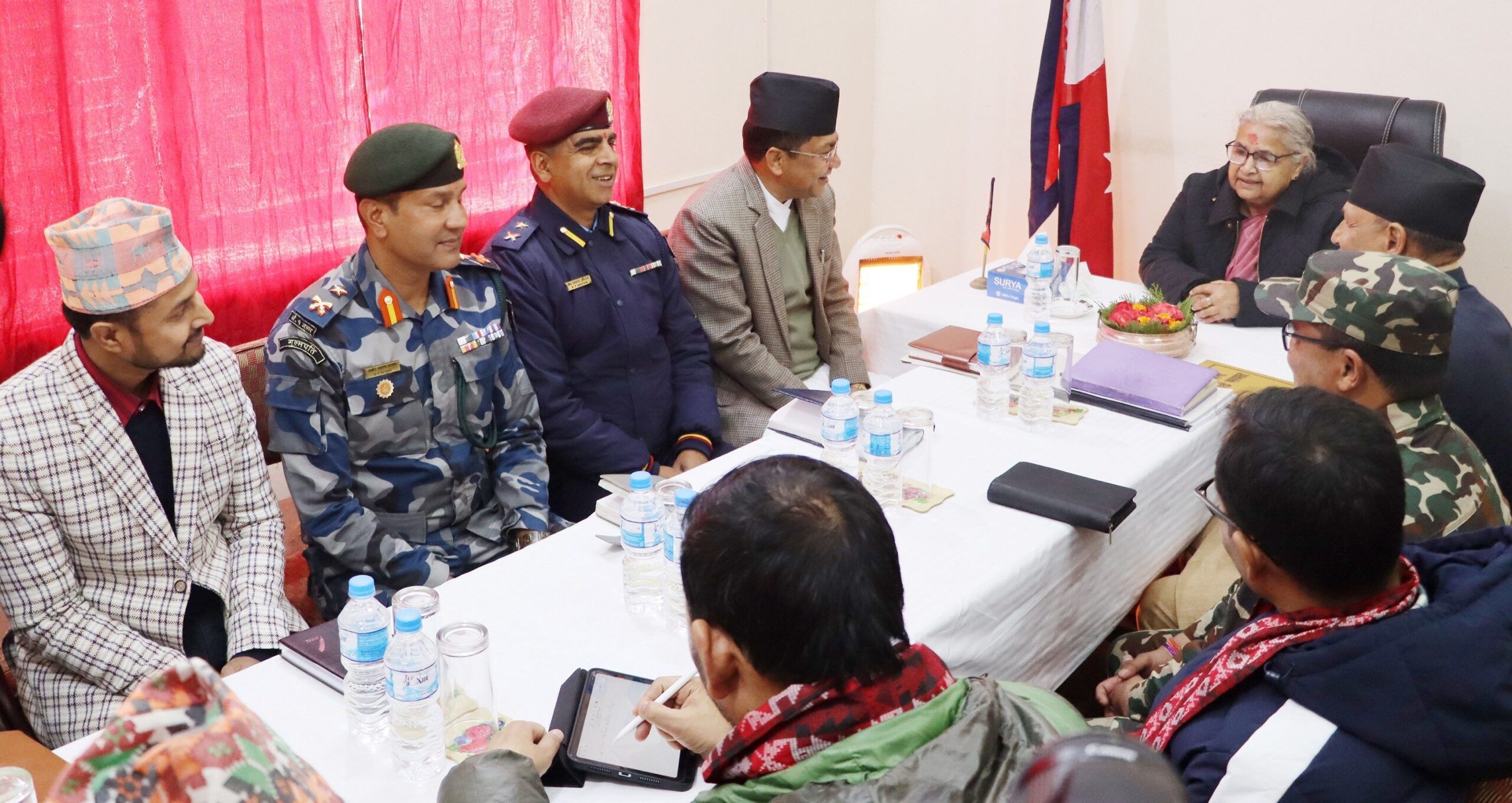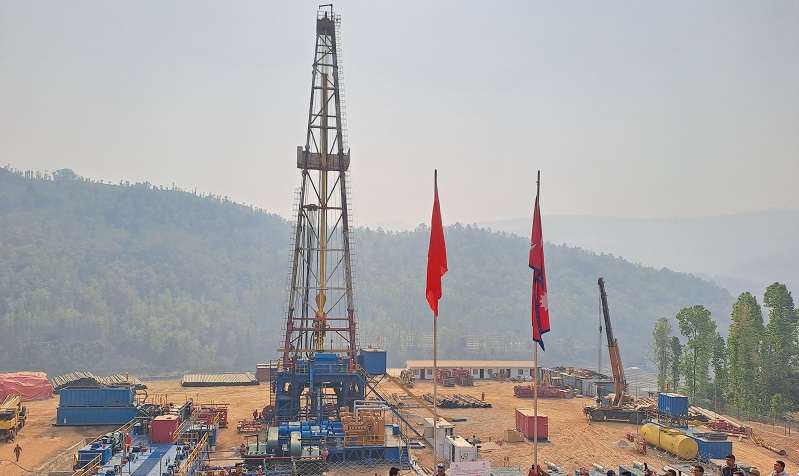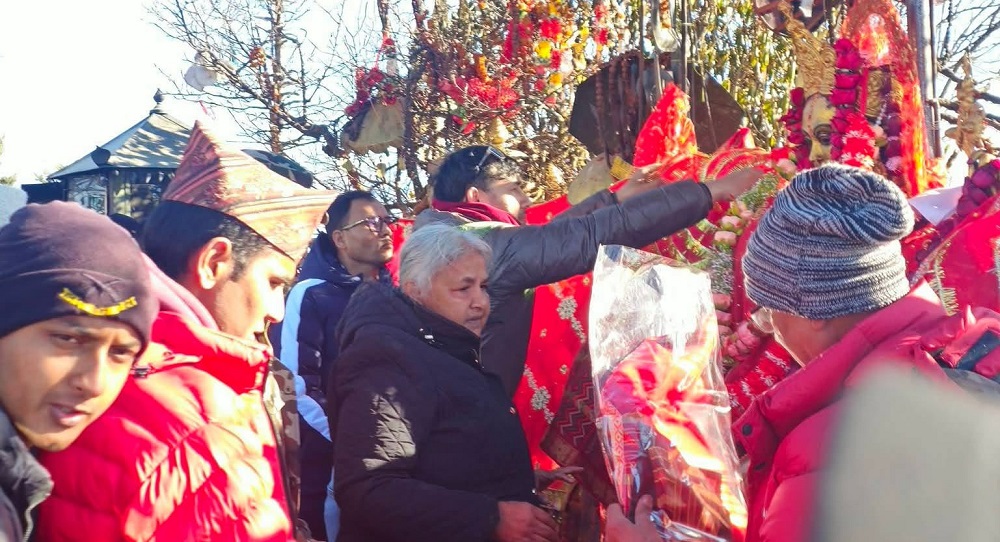KATHMANDU: Deputy Prime Minister and Minister for Finance, Bishnu Prasad Paudel, has urged the National Planning Commission (NPC) and thematic ministries to design and implement plans and programmes that identify potential opportunities arising from Nepal’s graduation from Least Developed Country (LDC) status to that of a middle-income country in 2026.
He also stressed the importance of ensuring the sustainable management of these opportunities.
During his address to a national workshop on the “Graduation from the Category of the Least Developed Country to a Developing Countries’ Group: Challenges and Upcoming Plans” here today, the Minister stressed the need to incorporate and integrate the 16th Periodic Plan and other sectoral policies so as to make the graduation sustainable.
Once Nepal graduates from the LDC, it is expected to assume greater responsibilities in economic and technical areas, including international trade, development assistance mobilisation, implementation of the Sustainable Development Goals, technical capacity enhancement of public and private sectors and the management of disaster and climate change. According to the Deputy Prime Minister, the effective coordination and cooperation among the three-tier government and development partners will be essential to achieving these goals.
Emphasising the need for substantial investment to achieve sustainable development and Nepal’s development goals, the Deputy Prime Minister stated that the government has introduced the Alternative Development Finance Mobilisation Bill that aims to address financing needs in light of structural challenges and evolving trends in foreign investment inflows and the mobilisation of development assistance.
“The Foreign Assistance Mobilization Policy, 2082 BS has been issued to make the assistance mobilization more effective and various investment-related laws have been amended to strengthen investment atmosphere in cooperation with the private sector,” he said, expressing his hope that these supports are expected to promote foreign investment inflow and private investment, causing the expansion of physical infrastructure development and economic activities.
Stressing the need to promote Nepal’s export sector to make international trade sustainable, the Finance Minister urged the bodies concerned to be active in order to increase production and productivity, country-wise classification of trade, protection and promotion of physical property, and implement bilateral and multilateral trade agreements.
Uplifting the citizens and economy from the impacts of disaster and climate change has become challenging for Nepal, he argued.
The Deputy Prime Minister opined, “Nepal should achieve the Sustainable Development Goals, develop a green economy as well as develop resilience, maintaining access to the global climate fund. Nepal needs the support of development partners and the global community for high investment and technical capability for the same.”
Nepal could tackle the challenges seen in the path of economic growth through high and sustainable economic growth, employment creation, quality human capital development, promotion of a green economy, social inclusion and investment and trade promotion, he added.
DPM Paudel laid emphasis on the need for cooperation and collaboration among the government, private sector, non-governmental organisations, and development partners to further deepen their efforts in facing these challenges.
Similarly, NPC Vice-Chairperson, Prof Dr Shiva Raj Adhikari, clarified that collaboration with public and private sectors as well as development partners has been forwarded, focusing on economic transformation and structural reforms.
Discussion would be held being focusing on the issues– economic stability and financial sustainability, economic transformation, climate change, disaster risk management, social inclusion and integrity in the two-day event.




